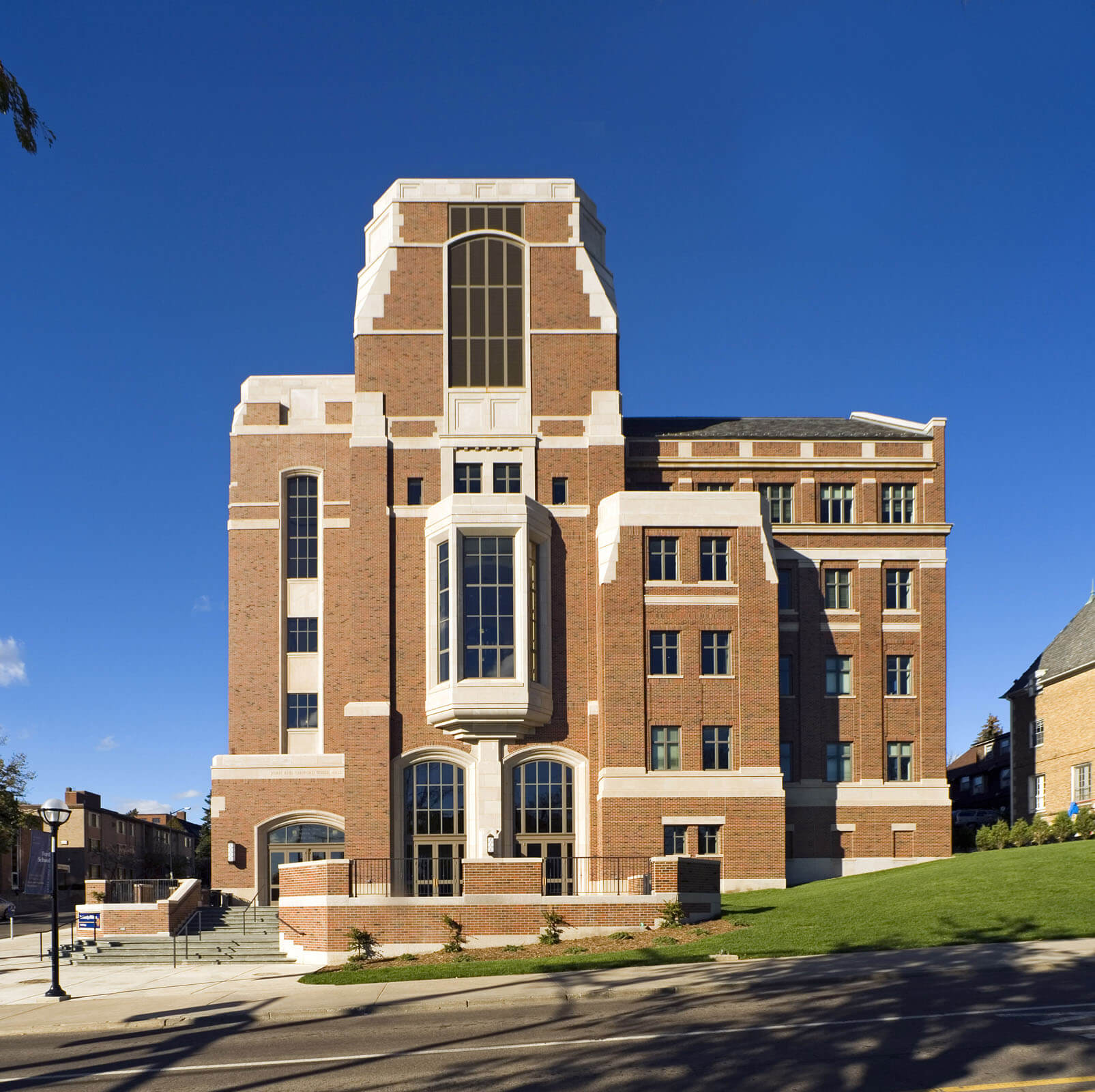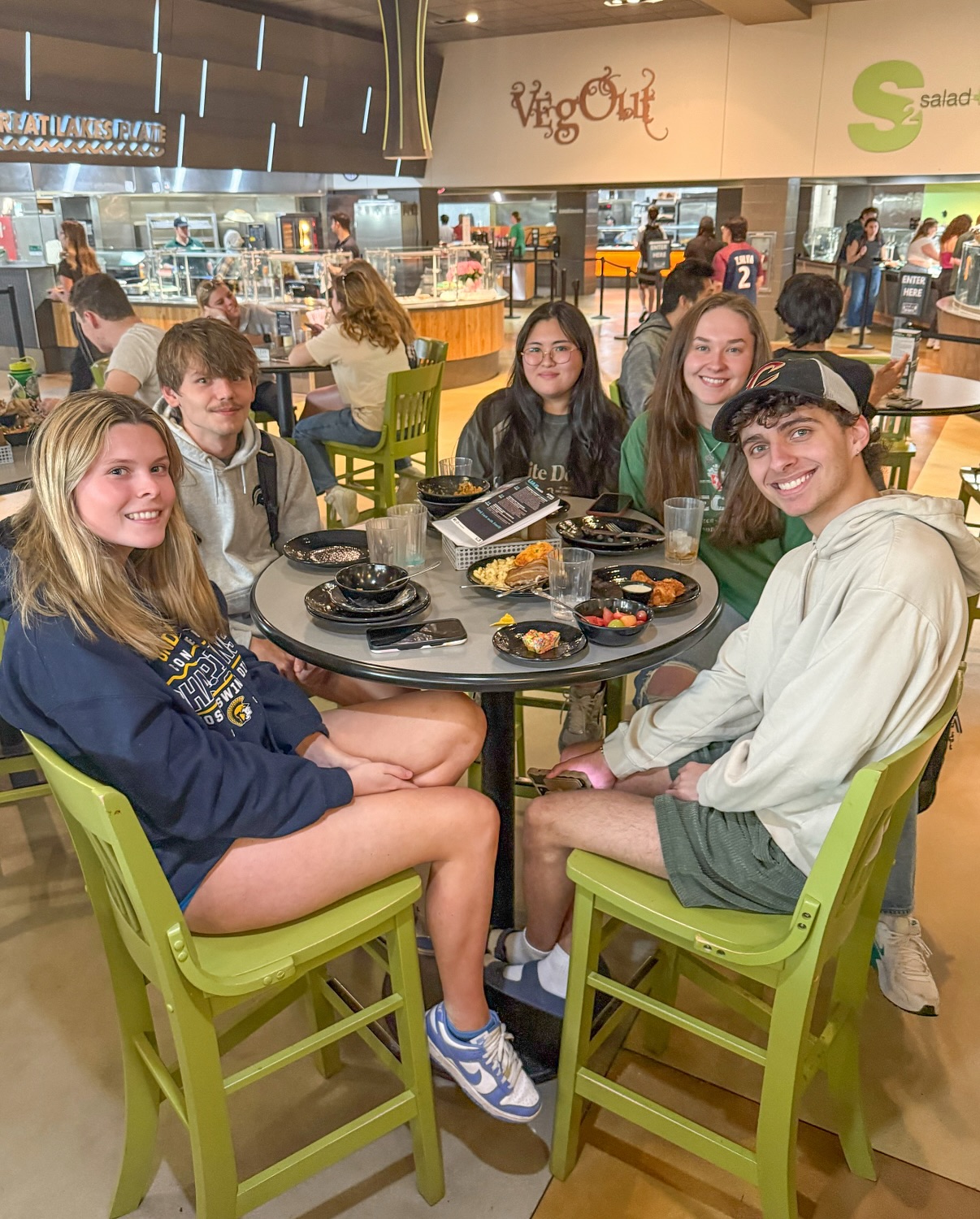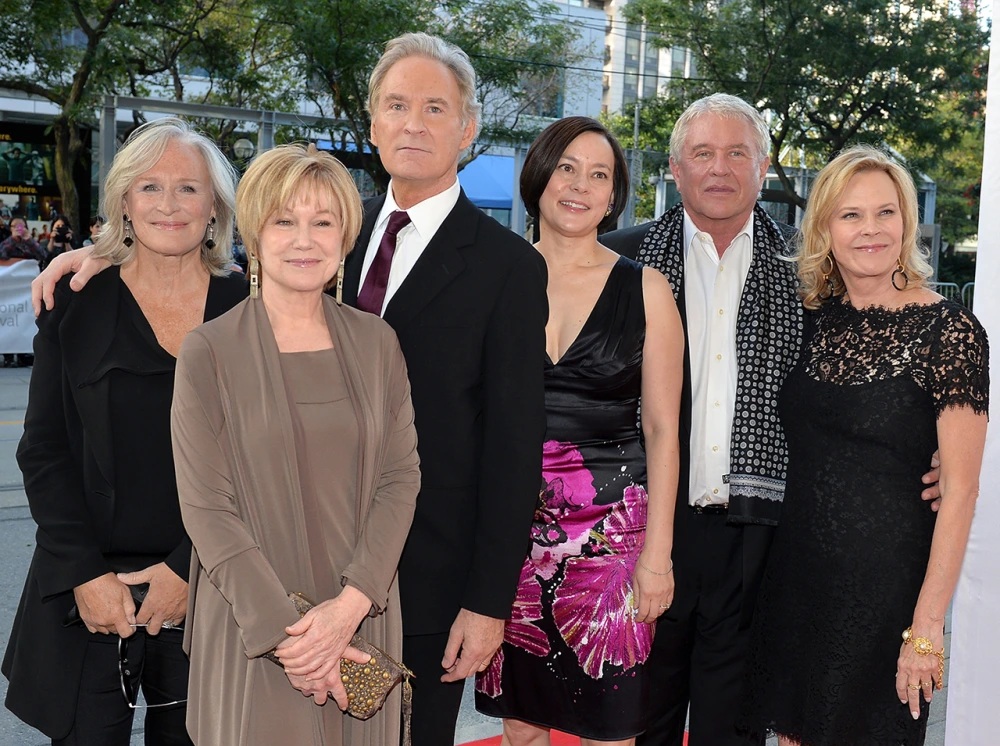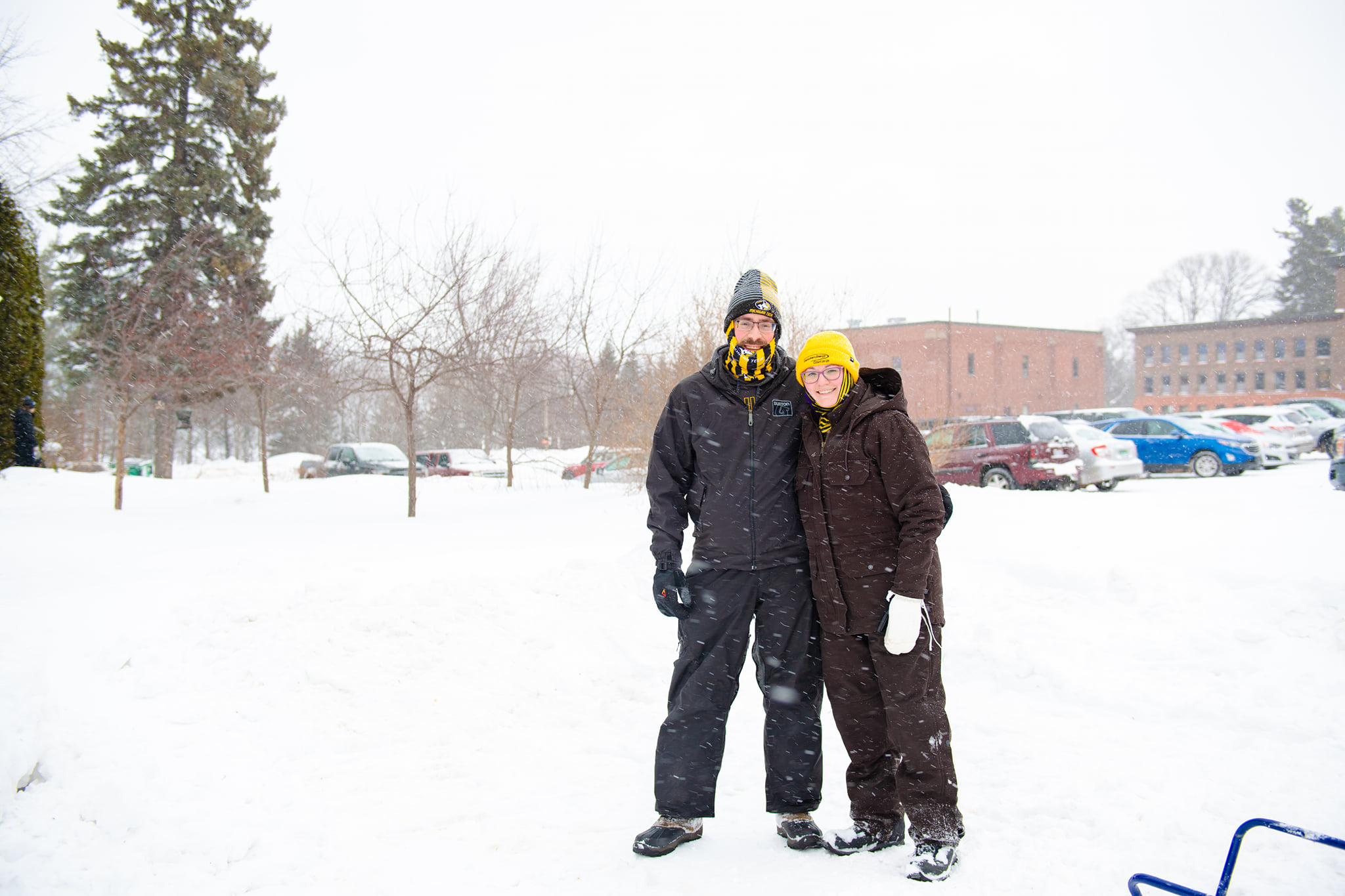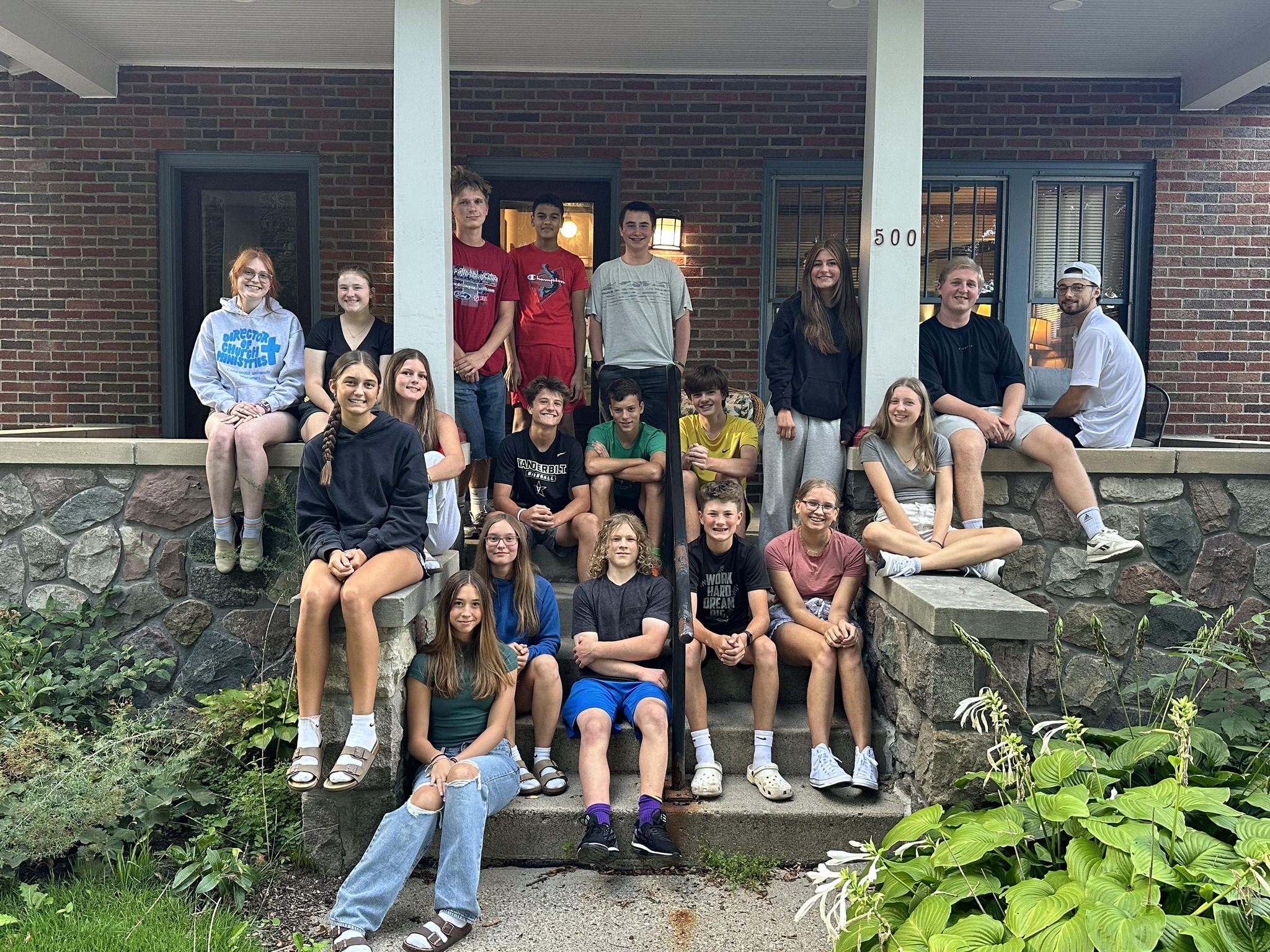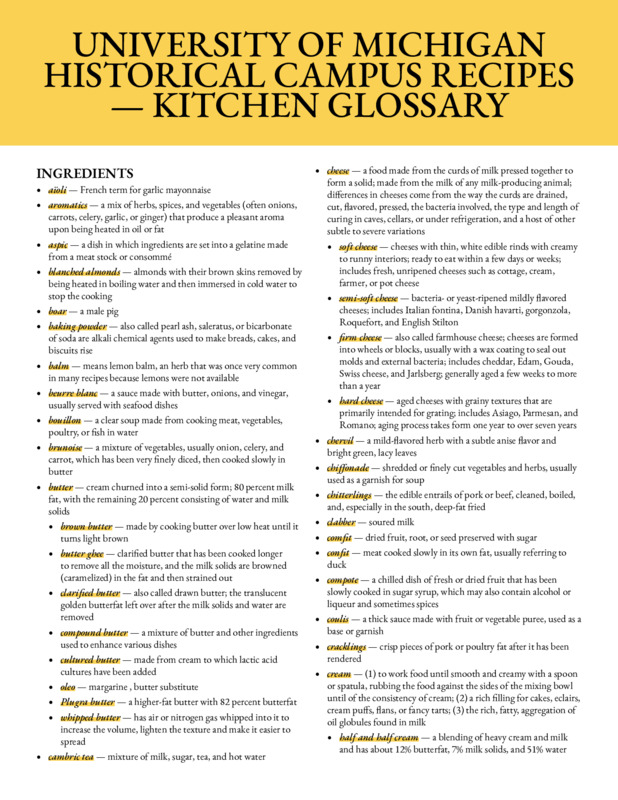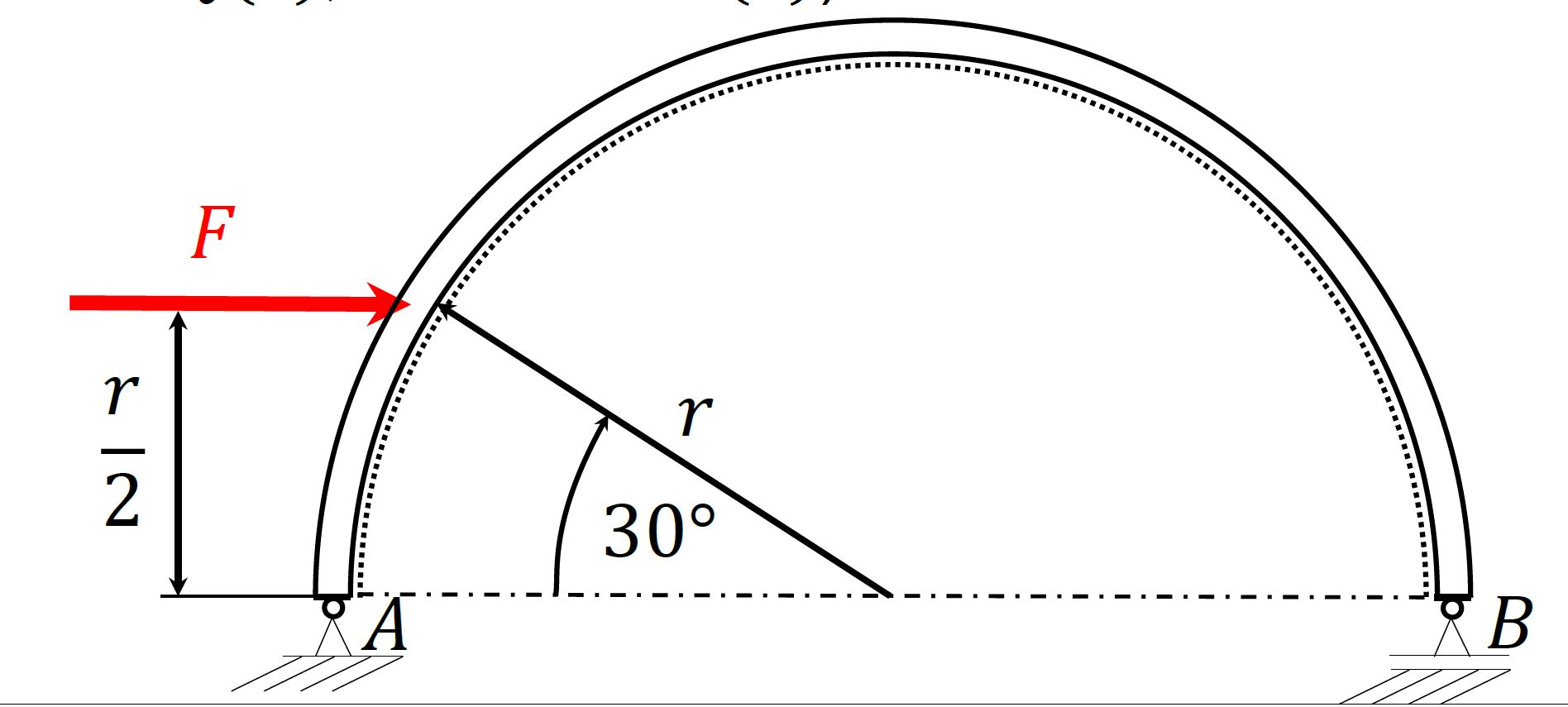“In the Barber Shop” by Ilya Bolotowsky (1934)
Painted for the Public Works of Art Project during the Great Depression
~3700 artists, ~15,000 paintingshttps://t.co/4DfkXSBB84https://t.co/Z1aqoY1zhW pic.twitter.com/qNDCEThOlD— Standards Michigan (@StandardsMich) March 15, 2025
Tag Archives: Michigan
- Home
- Posts tagged "Michigan" (Page 2)

8990 Grand River Ave, Detroit
“Two Weeks in the Wilderness”| Alexis de Tocqueville
This content is accessible to paid subscribers. To view it please enter your password below or send mike@standardsmichigan.com a request for subscription details.
“What Happens When Data Centers Come to Town”
What Happens When Data Centers Come to Town
Terry Nguyen | BA Public Policy
Ben Green |Assistant Professor, School of Information and Gerald R. Ford School of Public Policy
Partner | Michigan Environmental Justice Coalition
Introduction. [Abstract]. The rapid growth of data centers, with their enormous energy and water demands, necessitates targeted policy interventions to mitigate environmental impacts and protect local communities. To address these issues, states with existing data center tax breaks should adopt sustainable growth policies for data centers, mandating energy audits, strict performance standards, and renewable energy integration, while also requiring transparency in energy usage reporting. “Renewable energy additionality” clauses should ensure data centers contribute to new renewable capacity rather than relying on existing resources. If these measures prove insufficient, states should consider repealing tax breaks to slow unsustainable data center growth. States without tax breaks should avoid such incentives altogether while simultaneously implementing mandatory reporting requirements to hold data centers accountable for their environmental impact. Broader measures should include protecting local tax revenues for schools, regulating utility rate hikes to prevent cost-shifting to consumers, and aligning data center energy demands with state climate goals to avoid prolonging reliance on fossil fuels.
Related:
Sharan Kalwani (Chair, Southeast Michigan Section IEEE): AI and Data Center Demand
Cheesy Hamburger Skillet
C
MSU’s Extension’s Beef Production program supports Michigan’s beef industry through research, education, and outreach to enhance producer profitability, sustainability, and quality of life. It focuses on key areas like nutrition, genetics, grazing management, health, reproduction, and economics. Notable efforts include advancing grass-fed beef systems, feedlot management, and beef x dairy crossbreeding.
Conducted at facilities such as the Lake City and Upper Peninsula Research Farms, the program offers workshops, resources (e.g., pricing tools, disease prevention guides), and youth education via 4-H market beef projects and family recipes.
Our Master Gardeners are wrapping up a great educational tour of Alberta and British Columbia, Canada. They participated in learning opportunities at Canadian National Parks, agricultural sites, and gardens, and gained a better understanding of Indigenous and Asian cultures. pic.twitter.com/47jcrlYJfv
— MSU Extension (@MSUExtension) July 30, 2024
“The Big Chill” Morning Coffee
“Amazing tradition.
They throw a great party for you
on the one day they know you can’t come.”
Michael Shellenberger (University of Texas Austin): Return of the Strong Gods
R.R. Reno: Nationalism, Populism, and the Future of the West
Roger Scruton: Why Are Intellectuals Mostly Left?
Amy Wax: The Perilous Quest for Equal Results in Academia
University of Oxford: Tackling Corruption in the University
Th0mas Sowell: How to spot a lying intellectual socialist
Heather MacDonald: Feminist Takeover of Academia
Jordan Peterson: Intellectual Corruption of Colleges and Universities
Douglas Murray: Has academia has turned on Christopher Columbus?
40 years ago today, “The Big Chill,” a movie about a group of U-M grads written and directed by alum Lawrence Kasdan, debuted in theaters. 🎥 pic.twitter.com/fUVDNGXSNW
— Alumni Association of the University of Michigan (@michiganalumni) September 28, 2023
George H.W. Bush 1991 University of Michigan Commencement Speech on “Political Correctness”
“Ironically, on the 200th anniversary of our Bill of Rights, we find free speech under assault throughout the United States, including on some college campuses. The notion of political correctness has ignited controversy across the land. And although the movement arises from the laudable desire to sweep away the debris of racism and sexism and hatred, it replaces old prejudice with new ones. It declares certain topics off-limits, certain expression off-limits, even certain gestures off-limits.”
Lumberjack Latte
Michigan Technological University Financial Position 2024: $479,190,705
Chang K. Park Center for Student Wellness ($55M gift to open in Fall 2028)
The clarity of this first hour—the pensive hope of winter—the ritual morning brings. These are the things. pic.twitter.com/CwdExLn5gC
— 1000yearhouse (@1000yearhouse) January 27, 2026
The Common Cup
Michigan Central Summer Fall | Michigan Central Winter Spring
Open every day since 2007: offering locally sourced coffee, teas, baked goods, and a welcoming space for studying or events. Across Linden Street from First Presbyterian Church of Ann Arbor, Angell Elementary School and footsteps away from Chi Omega and seven other sororities and fraternity houses on the oddly-shaped lot bounded by South University. Washtenaw and Hill Streets.
A post shared by The Common Cup (@thecommoncupcoffee)
The University Lutheran Chapel in Ann Arbor, Michigan was designed by architect Glen Paulsen in 1959; a local Ann Arbor architect known for his modernist work and close ties to the University of Michigan community. The chapel is one of his most celebrated designs and is widely regarded as an outstanding example of mid-20th-century ecclesiastical architecture in the Midwest. The dramatic hyperbolic-paraboloid roof and the integration of natural light through colored glass strips are signature elements of the building.His work often emphasized clean lines, structural expression (e.g., exposed concrete and steel), and integration with natural surroundings, influenced by his time with Eero Saarinen and his teaching roles at the University of Michigan and Cranbrook Academy of Art. While the University Lutheran Chapel (1959) in Ann Arbor exemplifies his ecclesiastical modernism with its hyperbolic-paraboloid roof, below is a curated list of his other key projects, drawn from biographical records, architectural archives, and historical surveys. In the fullness of time his private practice from 1958 to 1969 morphed into TMP (Tarapata-MacMahon-Paulsen, 1969–1977).
Eggnog
December is National Eggnog Month
Historians’ best guess as to the origin of eggnog dates back to the English Middle Ages, where a warm, milky ale called ‘posset’, was consumed. Posset was often consumed with eggs and figs; eggs, figs, dairy, and sherry were products that only the wealthy could afford to enjoy at the time. Eggnog was thought to have arrived in the U.S. prior to the revolutionary war. Whereas most of the eggnog consumed in Britain was by the upper class (with sherry), as eggnog advanced throughout the U.S. like a milky river of frothy delight, it was generally consumed with rum or bourbon.
Because the agricultural-based colonies were flush with chickens and cows, the consumption of eggnog was not limited to crusty upper class Brits, but rather a drink that most people throughout the American colonies could enjoy. In fact, food historian, Emelyn Rude (2015), author of “How Eggnog (Almost) Changed the World”, explains that consumption of eggnog was a popular holiday pastime of many, even including West Point cadets, such as Edgar Allen Poe and Jefferson Davis.
Makowiec
Makowiec is a poppy seed roll evolving from East European baking tradition that is commonly served during the Christmas season. It is a sweet pastry filled with a mixture of ground poppy seeds, honey, nuts, and sometimes raisins. The roll is often braided or shaped into a log and can be dusted with powdered sugar.
University of Michigan Slavic Languages and Literatures: Polish
Anna’s Food Blog: Polish Your Kitchen
Related:
Two square miles: The Evolution of Hamtramck as “Little Poland”
Womb Army: “How Hamtramck, a small town within Detroit, became America’s first Muslim-majority city”
How Hamtramck, a small town within Detroit, became America’s first Muslim-majority city https://t.co/62HOvETkUd
— Detroit Free Press (@freep) May 27, 2025
All That Remains:
Christ Chapel
“De re aedificatoria” | Leon Battista Alberti
Christianity is surging in America.
We will not become Europe.
— Eric Daugherty (@EricLDaugh) October 25, 2025
Compute the stress curves for the half-circular arch beam
New update alert! The 2022 update to the Trademark Assignment Dataset is now available online. Find 1.29 million trademark assignments, involving 2.28 million unique trademark properties issued by the USPTO between March 1952 and January 2023: https://t.co/njrDAbSpwB pic.twitter.com/GkAXrHoQ9T
— USPTO (@uspto) July 13, 2023
Standards Michigan Group, LLC
2723 South State Street | Suite 150
Ann Arbor, MI 48104 USA
888-746-3670



